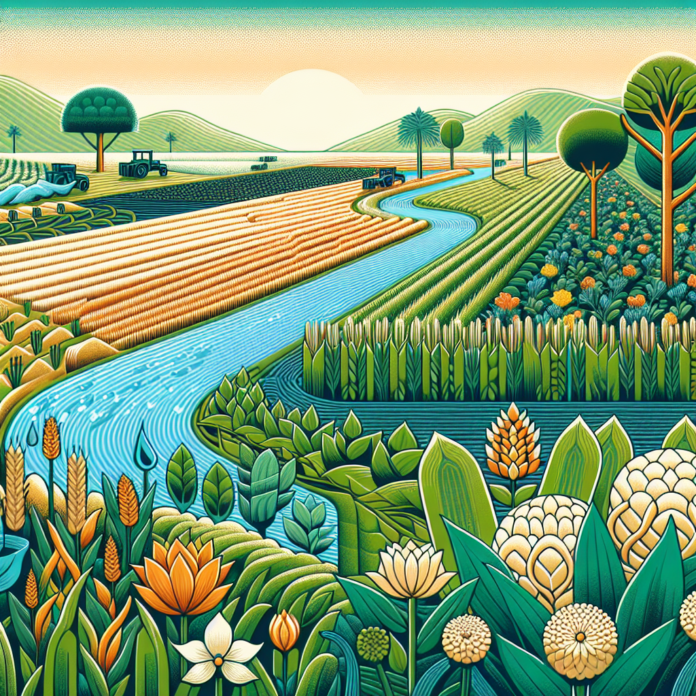Transforming Pakistan’s Fields Daily Times
Transforming Pakistan’s Fields
Daily Times
Introduction
Pakistan’s agricultural sector has long been the backbone of its economy, providing livelihoods for millions and ensuring food security for the nation. However, the sector faces numerous challenges, including outdated farming techniques, water scarcity, and climate change. To address these issues and transform Pakistan’s fields, comprehensive strategies and modern technologies must be embraced.
Challenges in Pakistan’s Agriculture
One of the primary challenges is the reliance on traditional farming methods, which are often inefficient and lead to lower crop yields. Additionally, water scarcity is a significant concern, as Pakistan’s agricultural activities depend heavily on irrigation from rivers and groundwater sources. Climate change further exacerbates these issues, with unpredictable weather patterns and extreme events such as floods and droughts threatening crop production.
Adopting Modern Farming Techniques
To overcome these challenges, farmers must adopt modern farming techniques. Precision agriculture, which uses technology to monitor and manage fields accurately, can significantly improve crop yields and resource efficiency. Drones and satellite imagery can provide real-time data on soil health, moisture levels, and crop conditions, allowing farmers to make informed decisions.
Water Management Solutions
Efficient water management is crucial for sustainable agriculture in Pakistan. Drip irrigation and sprinkler systems can reduce water wastage compared to traditional flood irrigation methods. Additionally, rainwater harvesting and the construction of small dams can help mitigate water scarcity by storing water for use during dry periods.
Climate-Resilient Crops
Developing and planting climate-resilient crop varieties is another essential step in transforming Pakistan’s fields. These crops are designed to withstand extreme weather conditions, pests, and diseases. Research institutions and agricultural universities in Pakistan are working on breeding such varieties to ensure food security in the face of climate change.
Government Initiatives and Policies
The government plays a vital role in supporting the transformation of Pakistan’s agricultural sector. Policies that promote research and development, provide subsidies for modern farming equipment, and offer training programs for farmers are crucial. Additionally, investment in rural infrastructure, such as roads and storage facilities, can help reduce post-harvest losses and improve market access for farmers.
Conclusion
Transforming Pakistan’s fields is essential for the country’s economic stability and food security. By adopting modern farming techniques, improving water management, developing climate-resilient crops, and implementing supportive government policies, Pakistan can overcome the challenges facing its agricultural sector. This transformation will not only benefit farmers but also contribute to the overall well-being and prosperity of the nation.


